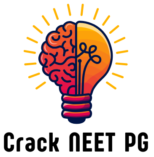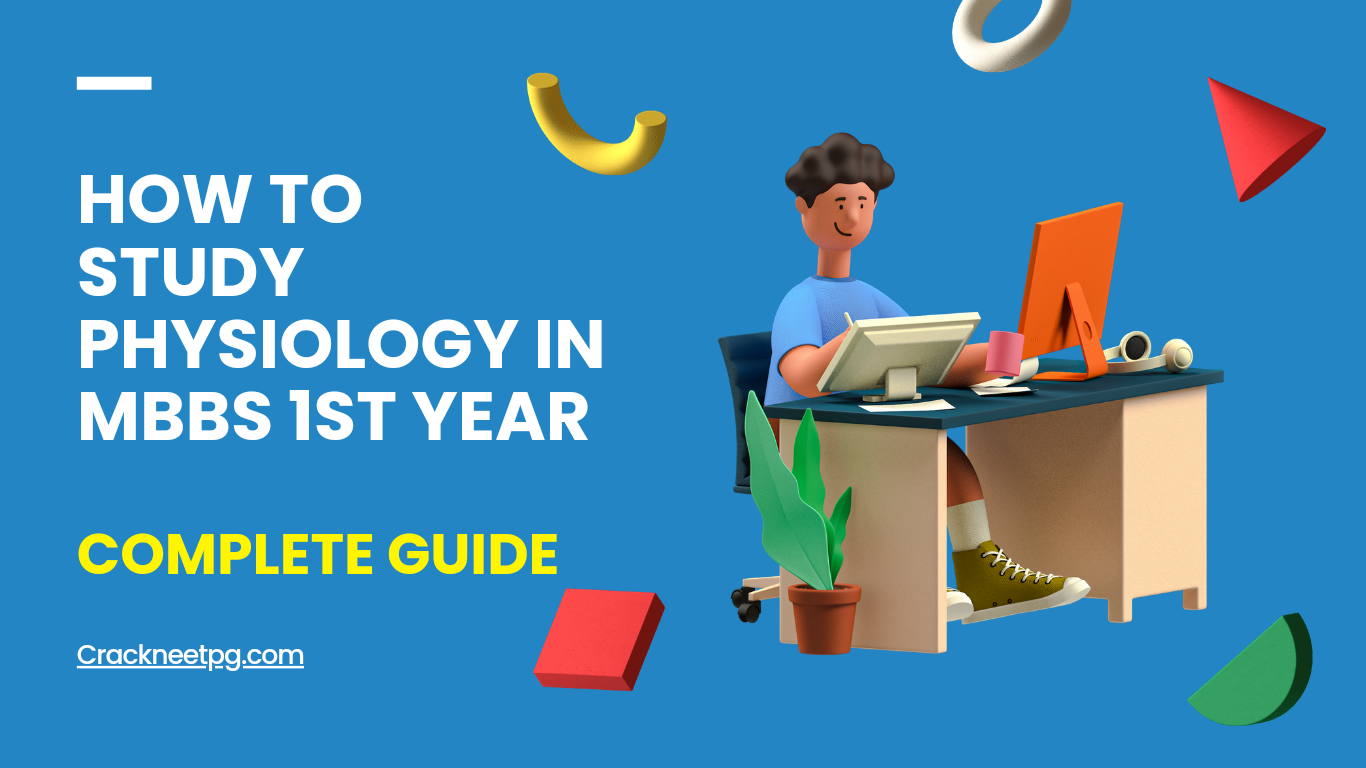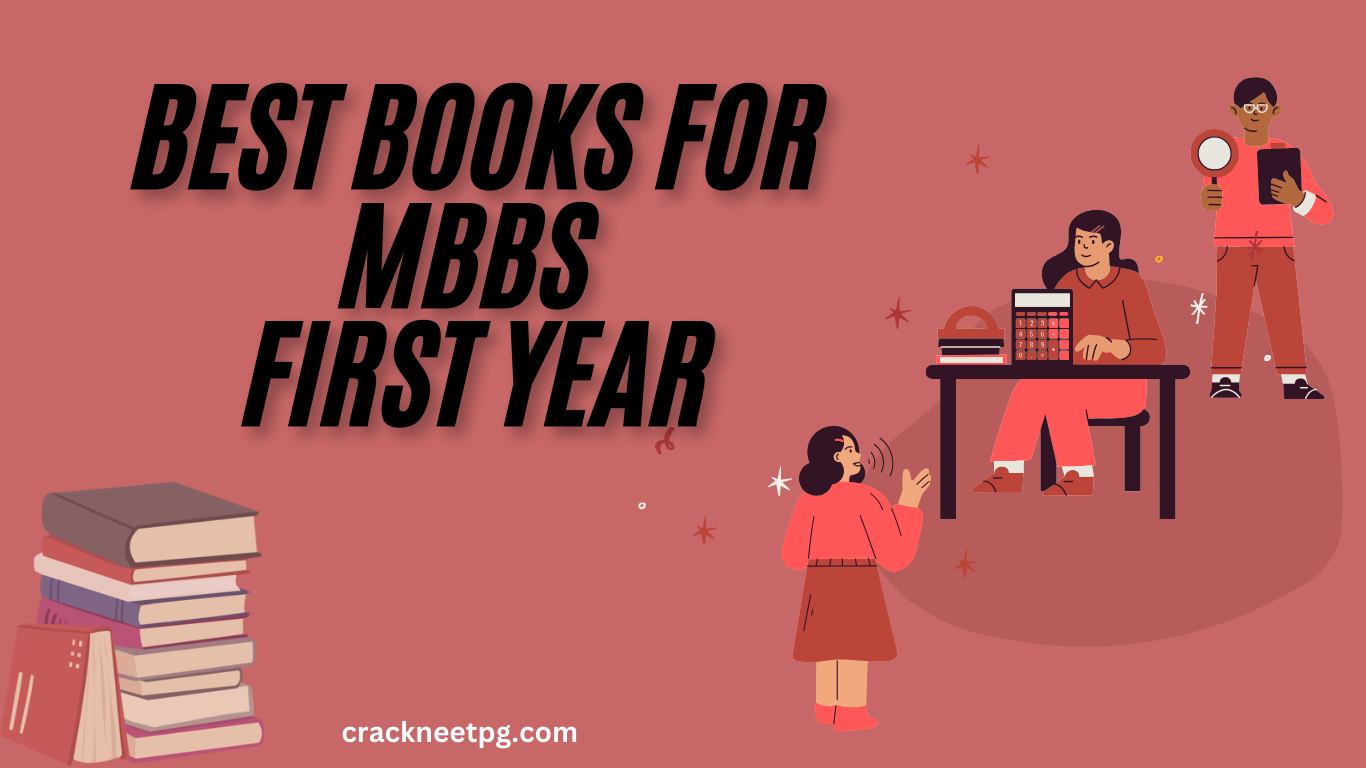Physiology is one of the fundamental subjects you will encounter during your 1st year of MBBS. It lays the foundation for understanding how the human body functions and helps you connect clinical knowledge in future years. This guide provides tips, strategies, and resources on how to study physiology effectively during your 1st year, ensuring you not only pass your exams but truly grasp the concepts for long-term retention.
Understanding the Importance of Physiology
Physiology is the study of normal body functions. It is crucial because it helps you:
- Build a strong foundation for subjects like Pathology, Pharmacology, and Medicine.
- Understand the mechanisms behind disease processes.
- Connect theoretical knowledge to clinical scenarios.
Step-by-Step Guide to Studying Physiology in MBBS
1. Start with a Quality Textbook
A solid textbook is essential for any subject, and for physiology, you should opt for books that are both comprehensive and easy to understand. Some highly recommended textbooks include:
- Guyton and Hall Textbook of Medical Physiology – A student-friendly book with detailed explanations and diagrams that make it easier to grasp complex concepts.
- Ganong’s Review of Medical Physiology – Ideal for revising important topics quickly.
- BD Chaurasia’s Human Physiology – Simplified and aligns with the Indian exam patterns.
2. Understand, Don’t Memorize
Physiology is not about rote learning. It’s about understanding concepts such as how blood flows through the heart or how muscles contract. Spend time understanding the “why” behind processes. Use diagrams to visualize processes and redraw important cycles and systems regularly.
3. Break Down Complex Topics
Some topics, like renal physiology or neurophysiology, may seem overwhelming. Break them down into smaller, digestible parts and focus on basics first, adding layers of detail gradually.
4. Incorporate Active Learning Techniques
To retain concepts effectively:
- Use tools like Anki or Quizlet for spaced repetition flashcards.
- Join study groups or forums like Reddit’s Medical School community to discuss and exchange ideas.
- Teach the concepts to someone else to reinforce your own understanding.
5. Make Use of Visual Aids
Human physiology is highly visual. Make use of videos and 3D models. Some helpful platforms include:
- Armando Hasudungan YouTube Channel – Great for easy-to-understand illustrations and diagrams.
- Khan Academy Medical Physiology – Provides free videos on physiological processes.
- Complete Anatomy App – 3D visualizations of body systems.
6. Plan a Daily Study Routine
Create a study timetable that covers each system (cardiovascular, respiratory, renal, etc.) over time. Aim for 1-2 hours of physiology daily, alternating between reading and practicing questions.
7. Practice with MCQs and Previous Year Questions
Test your understanding by practicing MCQs. You can use resources like:
- Prepladder
- Marrow
- Dr. Mudit Khanna’s Physiology MCQ book
8. Supplement Your Learning with Reference Materials
Beyond your primary textbook, use additional reference materials to clarify complex topics. Some helpful resources include:
9. Use Mnemonics and Memory Aids
Mnemonics can help with memorizing processes, hormone interactions, and pathways. For example, to remember the cranial nerves: “On Old Olympus’ Towering Tops, A Finn And German Viewed Some Hops.”
10. Revise Regularly
Physiology is cumulative, meaning later topics build on earlier ones. Review your notes and question banks weekly to keep the information fresh in your mind.
Additional Resources for Physiology in MBBS
Conclusion
Studying physiology in your 1st year of MBBS can seem overwhelming at first, but with the right approach and resources, you can excel. Focus on understanding concepts, use visual aids, and practice questions regularly. Over time, physiology will not only become manageable but enjoyable as you start seeing its relevance in clinical scenarios.
FAQ Section
- How can I study physiology in MBBS effectively? Start with a solid textbook, use active learning techniques like quizzes, and review regularly to retain concepts. Practice solving MCQs to test your understanding.
- What are the best books for physiology in MBBS? Recommended books include Guyton and Hall’s Medical Physiology, Ganong’s Physiology.



